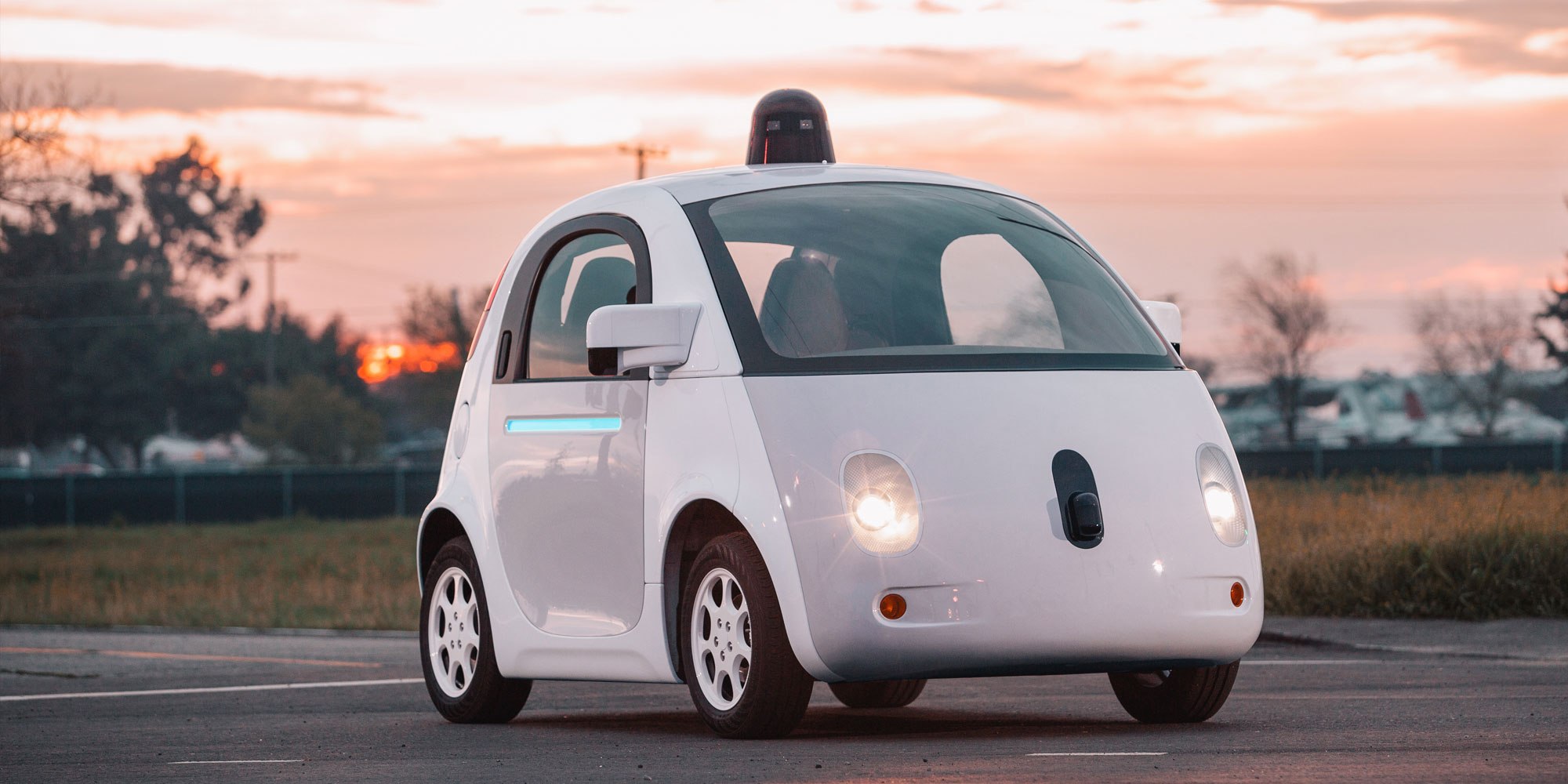
autonomous future
Is society ready for the driverless car?
14th December 2015
Speaking at the PACTS (Parliamentary Advisory Council for Transport Safety) conference, Driverless Vehicles: from Technology to Policy Conference, Transport Minister Claire Perry said that "2015 could be the year of the driverless or highly automated car and truck in the UK." Is society ready to embrace autonomous driving?almost 25% of passenger cars
almost 25% of passenger cars
Gartner predicts that by the year 2030, cars enabled to drive autonomously will make up almost 25% of passenger cars in mature markets. Indeed, George Osborne recently announced that next year Bristol, Greenwich, Coventry and Milton Keynes will all host driverless car trials. These tests will begin in January and last between 18 and 36 months, assessing whether driverless cars can make roads safer and reduce congestion.Axa and RSA have been selected as insurance partners for the trials, overseeing risk assessment and joining advisory panels that examine regulatory issues that arise from the project.
Businesses intending to test driverless cars in the UK, as well as self-driving pods for pedestrianised areas, include Ford, Jaguar and Land Rover. In addition to the £10m of government funding already provided to help facilitate the trials, an additional £9m was announced shortly after the Autumn Statement.
Benefits for all
Claire Perry presented a vision of the future where bus journeys and school runs are transformed by driverless cars. She listed the benefits that driverless technology could offer the UK: "Improved safety; improved emissions; reduced noise; optimal usage of road capacity and better use of the scarcest commodities of all these days: time - and attention."Another benefit to UK communities is the impact that driverless technology could have on blind and partially-sighted people, as demonstrated in some of the Google driverless car trials to date. The positive effect that such technology could have on society is massive, if it proves a success.
Similarly, the advent of driverless cars could provide a boost in mobility and social interactions for an ageing population. Current DVLA figures show that nearly 4 million people holding a current driving licence in the UK are aged 70 years old or over. The introduction of automated vehicles to public roads in the UK would boost the independence and wellbeing of older people.
Public concerns
Massive security precautions will be necessary
Massive security precautions will be necessary
One of the biggest fears around driverless cars lies in security. Charged with improving safety on public roads, manufacturers and legislators are wary of entering a situation where our safety is instead compromised by hackers and cyber crimes. Massive security precautions will be necessary to ensure that driverless cars are safe on Britain's roads.Periods of public testing are expected to accompany wider debates in society about the role of the driverless car, giving people the opportunity to raise questions and discuss the ways that the technology could impact on their lives.
Recent research using driving simulators suggests that when automated cars drive closely together, making best use of the space available on the road, that human drivers might mimic this behaviour and begin to drive dangerously close to the car in front. This is one of many behavioural changes that might not become apparent until trials are underway.
Making driverless cars a reality
The Institution of Engineering and Technology recently conducted a thought leadership review of how the UK can achieve a fully autonomous future. Its conclusion was that autonomous cars are already a reality that have been proven to work, where permitted, and that the challenge will be in making them more pervasive.For insurers, liability is likely to dominate discussions about driverless cars. As the control input for vehicles transfers from humans to computers, the ABI anticipates the potential for vehicle manufacturers, rather than drivers, to become liable for accidents, if the driver is unable to override systems of control.
How this will impact on insurance products and what kind of insurance will be needed for self-driving cars remains to be seen, but these issues will be scrutinised in the UK by Axa and RSA as part of upcoming tests. In part, changes in the way that automated cars are insured must be led by the legal changes that pave the way for their introduction. Early signs from the US suggest that politicians may favour incremental legislation changes, legalising autonomous parking and hands-free driving in slow moving traffic before legislating for fully autonomous vehicles.
There are challenges to be faced by legislators, manufacturers and insurers alike, but there can be no question that driverless cars have the potential to revolutionise the ways that we drive, delivering increased efficiency, heightened safety and a myriad of other benefits.
© 2026 Cheshire Datasystems Limited
Top Employer

